Do women require more sleep than men? This question has sparked ongoing debate among sleep researchers and medical professionals. While some sources suggest a minor difference, the emphasis on a significant gap might be overblown, according to Dr. Wendy Troxel, a sleep specialist and licensed clinical psychologist. Research indicates women may need only slightly more sleep than men, approximately 11 to 13 minutes. Focusing too much on hitting a specific sleep duration can be counterproductive, especially for women who are already twice as likely to experience insomnia compared to men, and may prioritize sleep quantity over sleep quality.
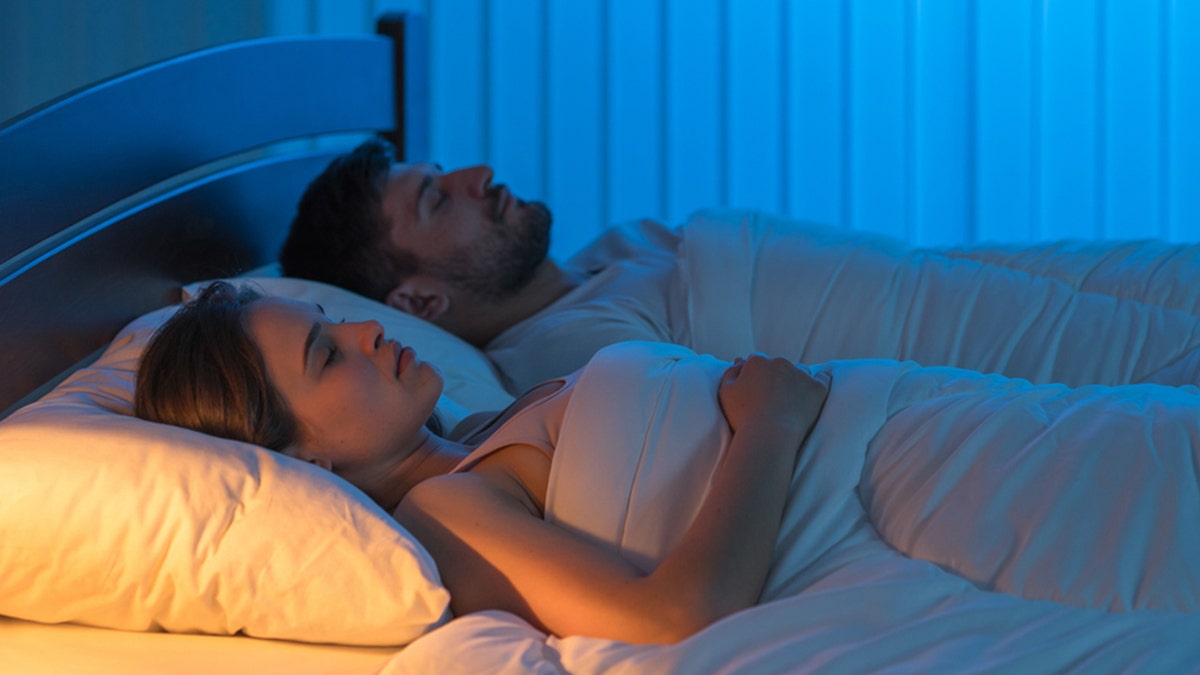
Dr. William Lu, a sleep medicine physician, acknowledges that studies show women tend to sleep 10 to 20 minutes longer per night than men. However, it remains unclear whether this is due to a genuine need for more sleep in women or insufficient sleep in men. Hormonal differences could play a significant role if women require more sleep. Beyond insomnia, women are also more prone to other sleep disorders like restless leg syndrome, further impacting sleep quality.
Dr. Troxel emphasizes the importance of sleep as "ultimate self-care" for women, something often neglected amidst the demands of life. Given that women face double the risk of depression compared to men, maintaining a healthy sleep schedule is crucial for their mental and physical well-being. Adequate sleep can also contribute to better stress management, weight regulation, and immune system function, as well as reducing the risk of heart disease.
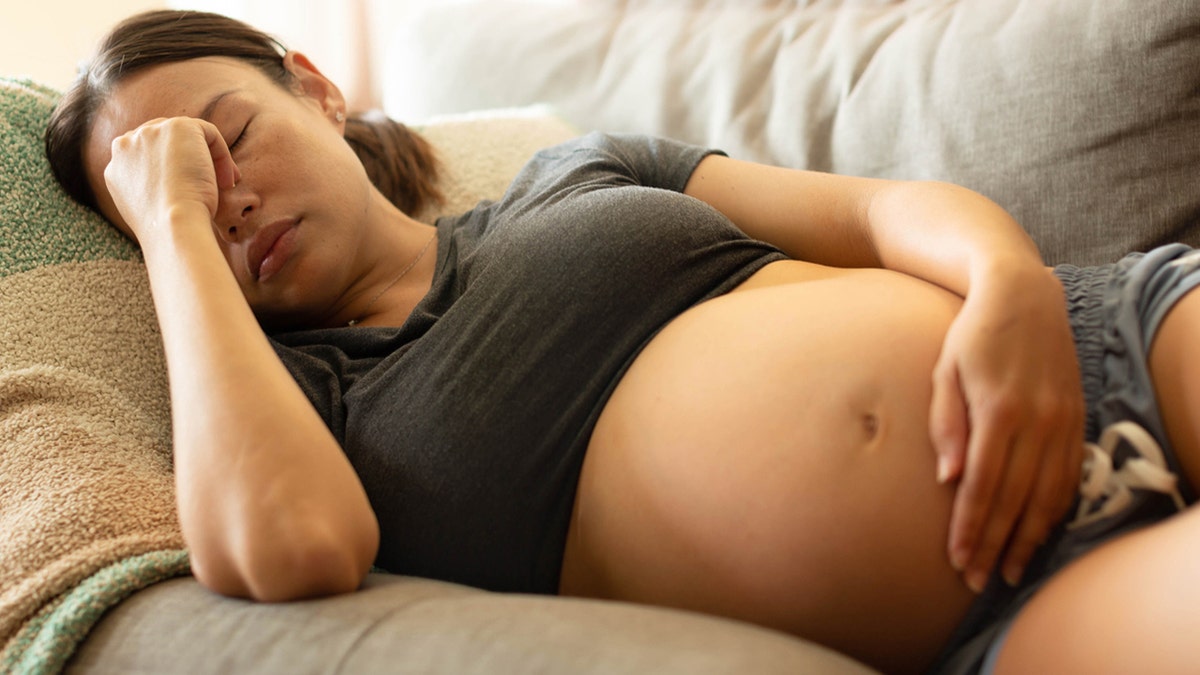
While a general guideline suggests around 7.5 hours of sleep for women, individual needs vary. Dr. Lu advises prioritizing feeling rested and refreshed upon waking rather than fixating on a specific number. Dr. Navya Mysore, a medical director, concurs, recommending 7 to 9 hours for both men and women. Factors like stress, sleep hygiene, exercise, diet, and alcohol consumption significantly influence sleep quality, potentially affecting the required sleep duration.
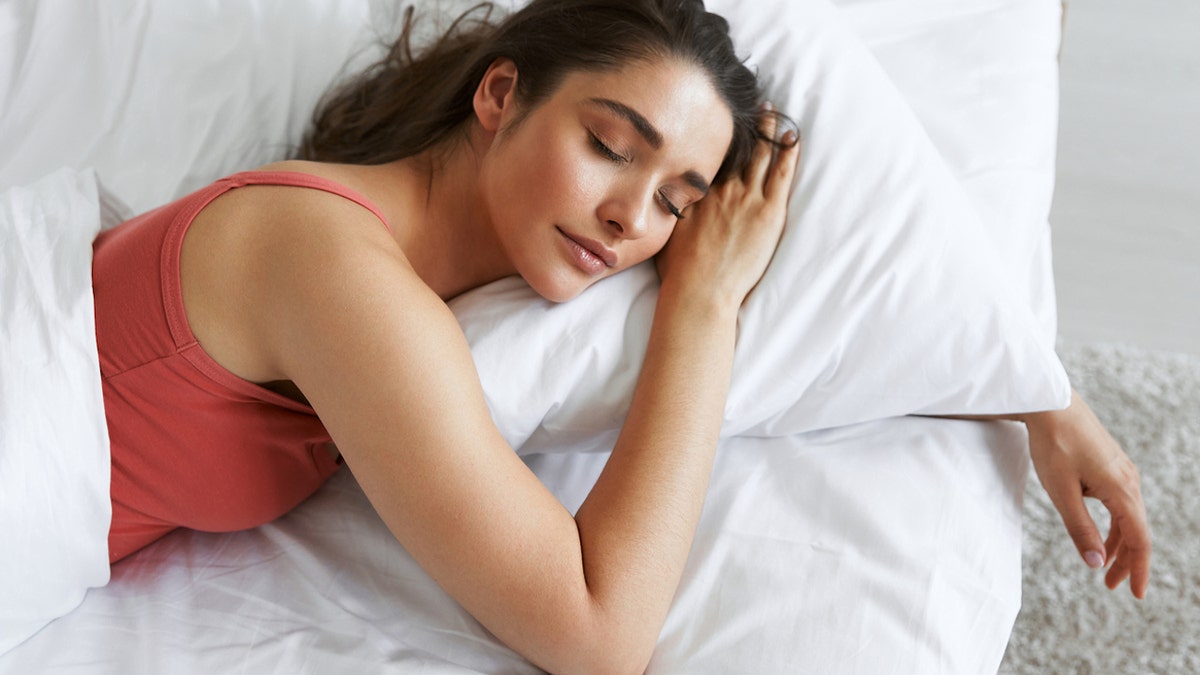
Women experience unique sleep challenges due to hormonal fluctuations throughout their lives. Menstrual cycles, pregnancy, and menopause can disrupt sleep and increase the risk of insomnia. Notably, about 60% of women report sleep disturbances during menopause, often going untreated. Hormonal shifts, such as rising progesterone levels in the latter half of the menstrual cycle, can increase sleepiness and negatively impact sleep quality. Pregnancy also presents difficulties, with many women struggling to fall asleep or stay asleep, potentially exacerbated by conditions like obstructive sleep apnea and restless leg syndrome. Menopausal symptoms, particularly hot flashes, are another common source of sleep disruption. Additionally, societal expectations and caregiving responsibilities can further contribute to sleep problems and stress in women.
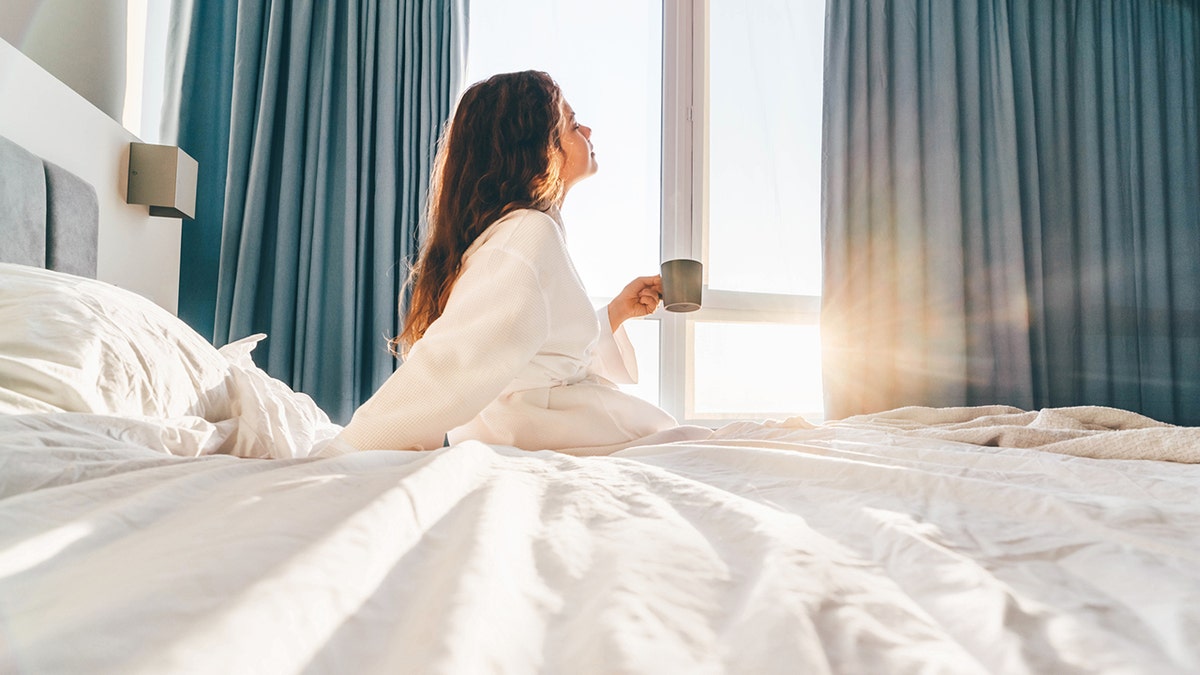
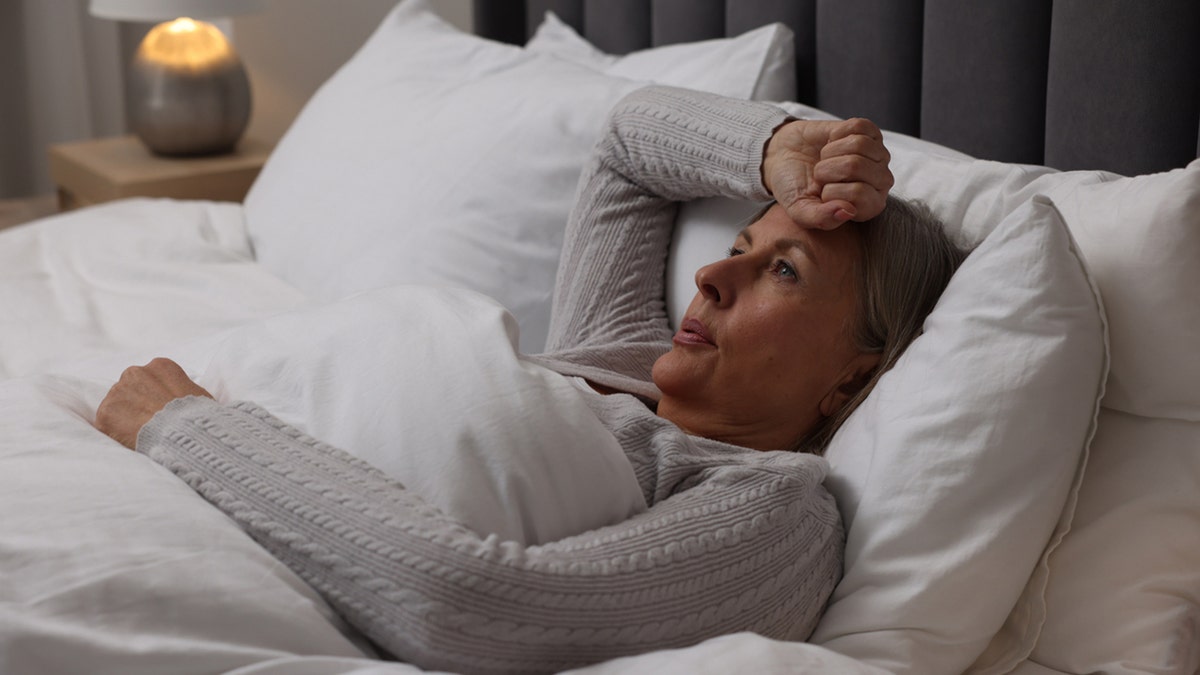
Women experiencing persistent sleep issues should consult a healthcare professional for personalized guidance and support.
Comments(0)
Top Comments